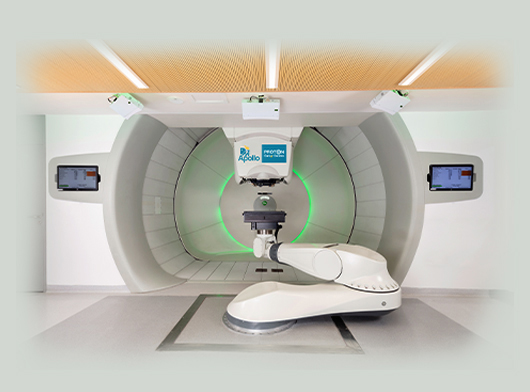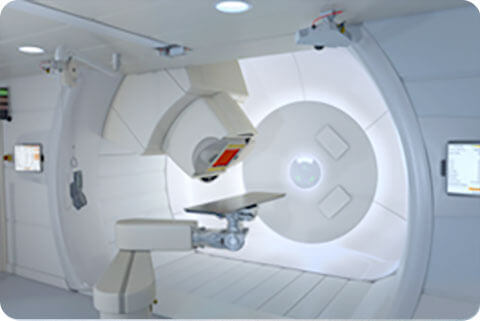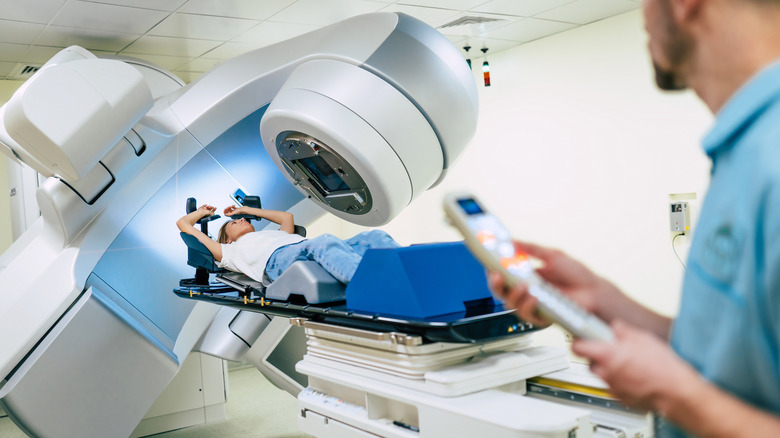Description
What is the Adjustable Suture Technique?
The adjustable suture technique is a minimally invasive approach used in strabismus surgery to correct eye misalignment. Strabismus, commonly called crossed eyes or lazy eye, occurs when the eye muscles are imbalanced, causing the eyes to point in different directions. This technique allows for fine-tuning the eye alignment after surgery.
Procedure:
- Anesthesia: Local anesthesia with numbing drops or a small injection is typically used.
- Muscle Adjustment: The surgeon weakens or strengthens specific eye muscles by adjusting their insertion points on the eyeball. Sutures (stitches) are used to reattach the muscles, but with one key difference.
- Adjustable Sutures: Instead of tying the sutures permanently, the surgeon leaves them loose under the conjunctiva (the white part of the eye). These loose sutures are then externalized (brought out) through small tunnels made in the conjunctiva. Tiny knots or locks are placed on the exposed suture ends outside the eye.
Who is Suitable for Adjustable Sutures?
This technique is particularly beneficial for:
- Complex Strabismus: Cases where the degree of misalignment is unpredictable or may require adjustments after surgery.
- Reoperations: Individuals who have undergone previous strabismus surgery and require further refinement of eye alignment.
- Adults with Strabismus: As adult eye muscles can be less responsive to surgery, adjustable sutures allow for more precise adjustments.
Who is Not Suitable?
Adjustable sutures may not be suitable for everyone with strabismus. They might not be ideal for:
- Children Under a Certain Age: Young children may not tolerate the manipulation required for suture adjustment during postoperative clinic visits.
- Patients at High Risk for Infection: The externalized sutures create a small entry point, increasing the risk of infection in some cases.
Advantages:
- Precise Eye Alignment: Allows for fine-tuning the eye position after surgery, potentially achieving a more accurate correction.
- Minimally Invasive: Less invasive than traditional suture techniques as adjustments can be made without reopening the surgical incision.
- Reduced Need for Reoperation: The adjustability feature can potentially decrease the need for additional surgery to achieve optimal alignment.
Complications:
- Infection: Although uncommon, infection is a risk associated with the externalized sutures and requires prompt antibiotic treatment.
- Suture Discomfort: The externalized sutures might cause some irritation or discomfort, especially during blinking.
- Suture Breakage: In rare cases, the sutures may break or loosen, requiring adjustments or replacement.
- Undercorrection or Overcorrection: Even with adjustments, perfect eye alignment may not always be achieved.
Preoperative Care:
- Comprehensive eye exam to assess the type and severity of strabismus.
- Measurements of eye misalignment angles.
- Discussion of risks and benefits of the adjustable suture technique with your ophthalmologist.
- Stopping certain medications that could increase bleeding risk.
Postoperative Care:
- Eye patch or shield for a short period to protect the surgical site.
- Eye drops or ointment to prevent infection and inflammation.
- Wearing prescribed eyeglasses or contact lenses as needed.
- Close follow-up appointments with your ophthalmologist. During these visits, the ophthalmologist may adjust the externalized sutures to fine-tune the eye alignment.











Reviews
There are no reviews yet.